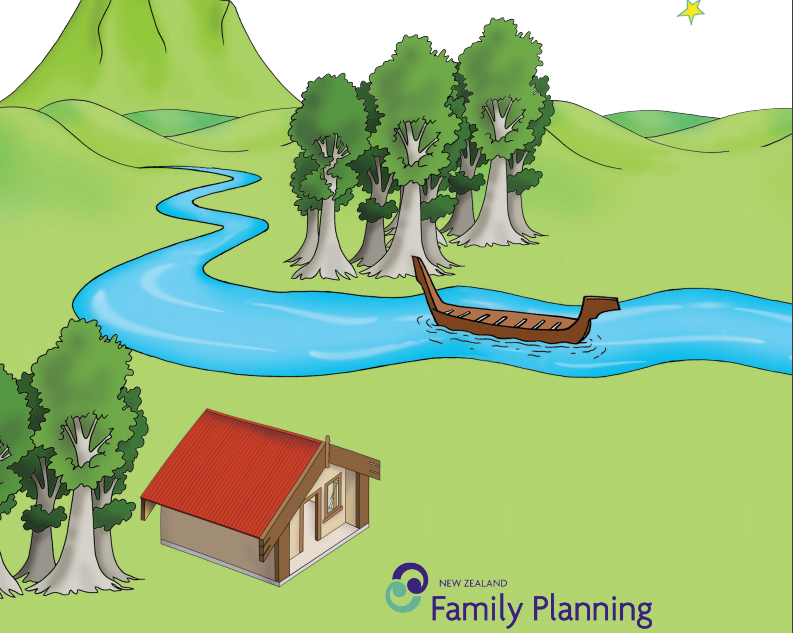At Ararira Springs we use the Family Planning programme ‘Navigating the Journey’ to teach Relationship and Sexuality Education. This is taught appropriately to your child’s age and stage by your child’s ako teacher.
Relationships and sexuality education sit within the Health and Physical Education strand of The New Zealand Curriculum and is compulsory for students up to year 10. Parents have the right to withdraw their children from sexuality education classes As relationships and sexuality education is much more than ‘the birds and the bees’ it should start young. It is more effective when relationships and sexuality education are talked about at home and at school.
Young people are maturing at younger ages than ever before and are bombarded with media messages about sexuality. If parents and educators are not talking about sexuality, young people will get their messages from friends, the internet, music, videos and films. Relationships and sexuality education help them make sense of messages in the media and gives them skills to separate fact from fiction.
It is important for children to feel comfortable asking questions and building on their understanding as they mature. This is helped by having normal conversations about bodies, good and bad feelings, families and relationships and learning communication skills. Parents or carers are the first teachers of their children. They are role models for relationship behaviours, gender roles and expectations. Not all parents or carers are comfortable talking about sexuality and relationships. Comprehensive sexuality education at school can complement this education at home.
Young people may develop different values from their parents or carers which can be challenging to accept. However, research shows that parents or carers who talk with their young people about their dreams and hopes for them are protecting them. This is more likely to delay them becoming sexually active and to use contraception when they are having sex.
At Ararira Springs, the Relationship and Sexuality Education programme is taught throughout the school under the following themes:
- Establishing a positive learning environment (Te whakarite i tētahi ao ako huapai).
- Who am I? (Ko wai au)?
- Relationships (Ngā whanaungatanga).
- Growing and changing (Te tipu me te huri o te tangata).
- Staying safe (Te noho haumaru).
Our school’s chosen well-being model, Te Whare Tapa Whā fits within this programme giving a holistic approach to well-being.
In the early years, students will develop listening skills, talk about their feelings and relationships, and look at their roles within the family. They will learn about contributing to safe environments, addressing bullying and accommodating differences. They will be able to name body parts and identify differences between the genders. From late primary onwards they will also learn about the physical and emotional development of puberty and reproduction; relationships, keeping themselves safe and decision-making skills.
Parents and carers can become more involved by:
- asking their young people about their lessons at school
- expressing their own views and values
- answering their questions
- participating in parent/whānau hui’s when the school policy is being reviewed.
More information can be found on the Family Planning website or speak to your child’s ako teacher.

Recent Comments